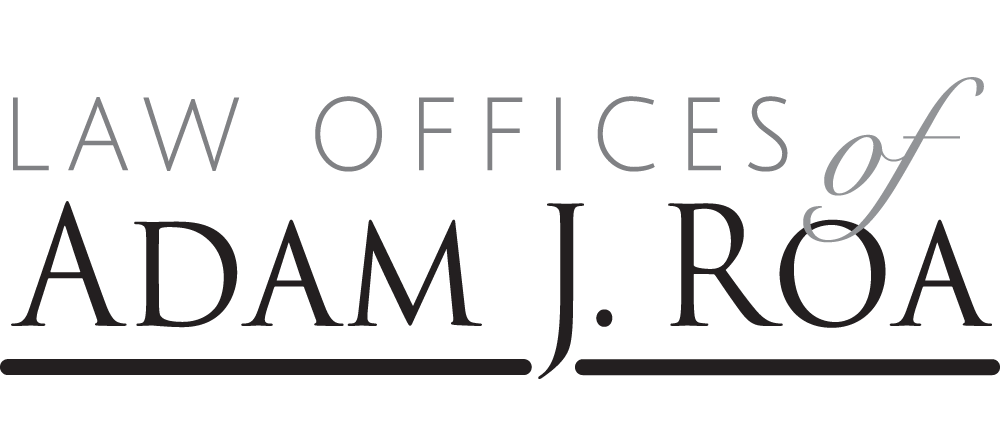
Trusts
Trusts can be very powerful tools to avoid probate, reduce Federal and Maryland estate taxes, drastically reduce the time to administer one’s estate, and keep one’s beneficiary designations private. In the nursing home context, trust can be used as a vehicle to house protected assets.
However, there are a whole host of potential issues with trusts. What duty does the trustee owe to the beneficiary? Does the trustee have to provide an accounting to the beneficiary? What happens if the trust language is not clear? Can the beneficiary sue a trustee for violating the terms of the trust? How does a beneficiary force a trustee to provide an accounting? How does a beneficiary remove a trustee?
Protecting yourself as a trustee or protecting an interest in the trust as a beneficiary are complicated matters. It involves not only the terms of the trust itself, but also independent Maryland statutory provisions and court rulings. Failing to act properly as a trustee may result in removal and monetary damages being levied. Failing to act as a beneficiary may result in your interest being wiped out.
Key Terms for Trusts:

- Beneficiary: This is the person or entity that has an income or principal interest in the trust.
- Grantor: This is the person creating a trust. This is also the person that is funding the trust either through contributions during her lifetime or through beneficiary designations.
- Irrevocable Trusts: This type of trust cannot be modified by the grantor or the trustee. This type of trust becomes irrevocable upon the occurrence of a certain event (i.e., the signing of the document or the passing of the grantor).
- Medicaid (d)(4) Trust: This is a very specific Maryland trust designed to shelter assets from nursing home costs. The benefit is that said assets may be used to supplement the beneficiary while she is on Medicaid. However, once the beneficiary passes, said assets will be subject to Medicaid recovery. Furthermore, the beneficiary has to be younger than 65 years of age for assets to be transferred to the trust.
- Maryland Pooled Trust: This is another very specific Maryland trust designed to shelter assets from nursing home costs. In this case, an outside agency serves as the trustee. The beneficiary has to be younger than 65 years of age for assets to be transferred to the trust.
- Revocable Trusts: This is often used in conjunction with the term “revocable living trust.” Such trusts are often used to avoid probate, manage ones affairs in the event of sickness, deal with creditor issues, and ensure that matters relating to ones disposition of property is kept private. These trusts can be modified by the grantor as long as the grantor is capable of making changes to the trust (i.e., is the person “competent”). Revocable living trusts should be used if there is property in multiple jurisdictions and if the grantor wants to keep her beneficiary designations private. Federal and Maryland estate tax savings devices can be used in both the context of a last will and testament and a revocable living trust.
- Third Party Supplemental Needs Trust: This is a Maryland trust designed to shelter assets from nursing home costs. The benefit is that said assets may be used to supplement the beneficiary while she is on Medicaid. Once the beneficiary passes, the assets are distributed according to the nursing home resident’s last will and testament (or via intestacy provisions if she does not have a last will and testament). There is no age restriction for asset transfer. However, any transfer to this trust will result in a penalty period (a period of ineligibility) that will attach if one applies for Medicaid benefits within five years of transfer. The nursing home resident must have no right to access any portion of the trust principal or interest.
- Trustee: This is the person who manages the trust. This person may be the grantor so that the grantor acts as the trustee during his or her lifetime. There may be multiple trustees or just one. It is usually recommended that there is one trustee with multiple backup trustees. A trustee has a fiduciary duty to maintain the trust corpus for the benefit of the beneficiaries. A breach of this fiduciary duty may result in their removal and suit for damages.
